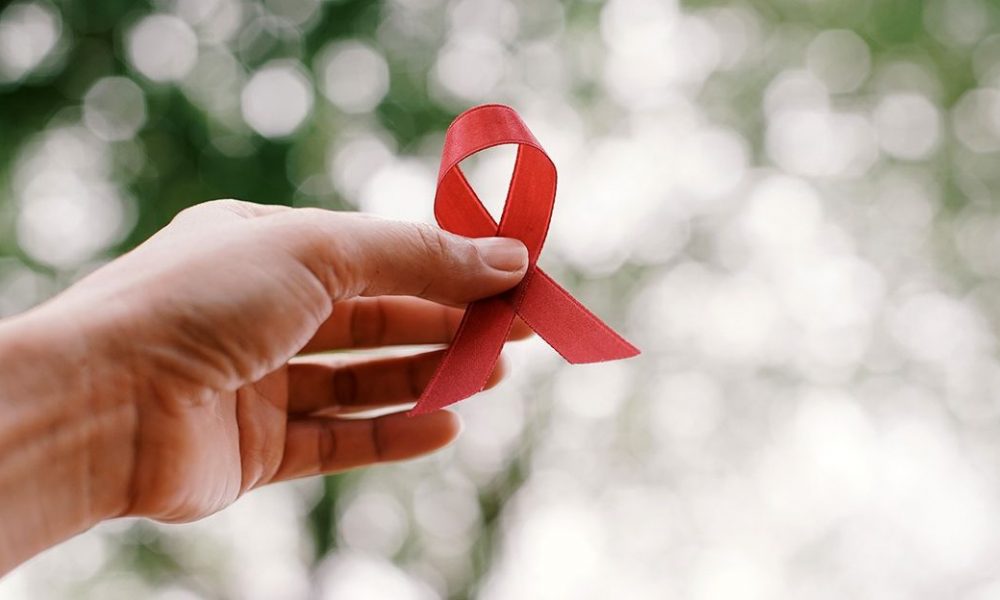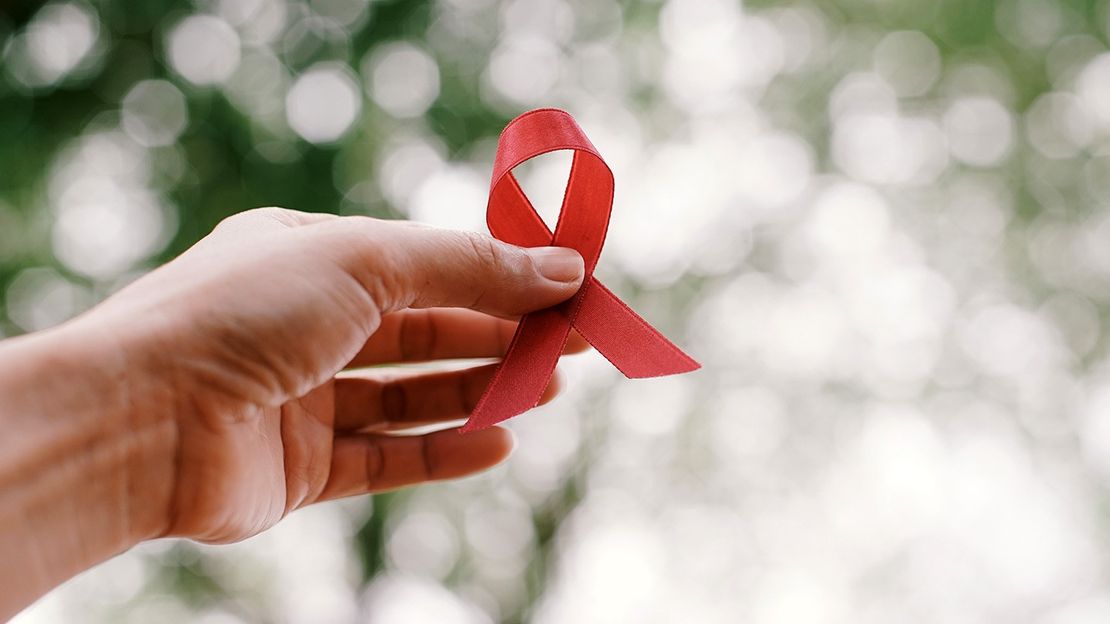
Human Rights Panel focuses on prison inmates with HIV
 HIV in crowded prisons is still a crisis. The Maharashtra State Human Rights Commission (MSHRC) has asked the additional director general of police, prisons and an expert committee to submit reports on health conditions of Arthur Road and Byculla jails, focusing on inmates suffering from human immunodeficiency virus (HIV) and HIV-TB.
HIV in crowded prisons is still a crisis. The Maharashtra State Human Rights Commission (MSHRC) has asked the additional director general of police, prisons and an expert committee to submit reports on health conditions of Arthur Road and Byculla jails, focusing on inmates suffering from human immunodeficiency virus (HIV) and HIV-TB.
Activist Nadeem Divekar, who had filed a petition on this matter in 2018 said that prison conditions are often breeding grounds for onward transmission of HIV infection. MSHRC directed the additional director general of police, prisons to submit a report and asked the vice-chancellor of Maharashtra National Law University to constitute a team of experts who would probe Divekar’s claims on November 15. The committee will submit its report by February 2020.
‘The rate of infection in Mumbai’s two major jails on Arthur Road and Byculla is almost 87% compared to the national rate of 22%, reads an RTI filed by Hindustan Times. The data was provided by the Mumbai District Aids Control Society (MDACS).
“These jails are always 300% overcrowded. In such a congested area, prisoners living with low immunity would certainly get infected with TB,” said Dr Rajendra Nanavare, former superintendent of Sewri TB Hospital.
“In a cell that has a capacity of 10, they would keep over 60 prisoners. There is consensual or non-consensual sex without any protection,” said Arthur Road jail inmate who now works in a shop in Kurla and is receiving antiretroviral therapy (ART) treatment. He was sent to prison for two years when he was 21.
“I have often counselled young prisoners who got raped or sexually violated. But jails refuse to provide condoms because it would prove that sex among men is common,” said Eldred Tellis from the NGO Samarth. Dr Padmaja Keskar, the director, MDACS, said, “We follow up with prisoners who don’t start their treatment as they get released from jail and enrol them for ART treatment. They are then recorded in the list of the nearby ART centres.”
“Even though these two jails have ART centres, often police don’t inform the officers. In the meantime, if anyone uses an infected syringe or has sex, the virus can get transferred,” said an official at Arthur Road jail. New inmates of jails must undergo HIV testing upon arrival but this often gets delayed.
Source: Hindustan Times